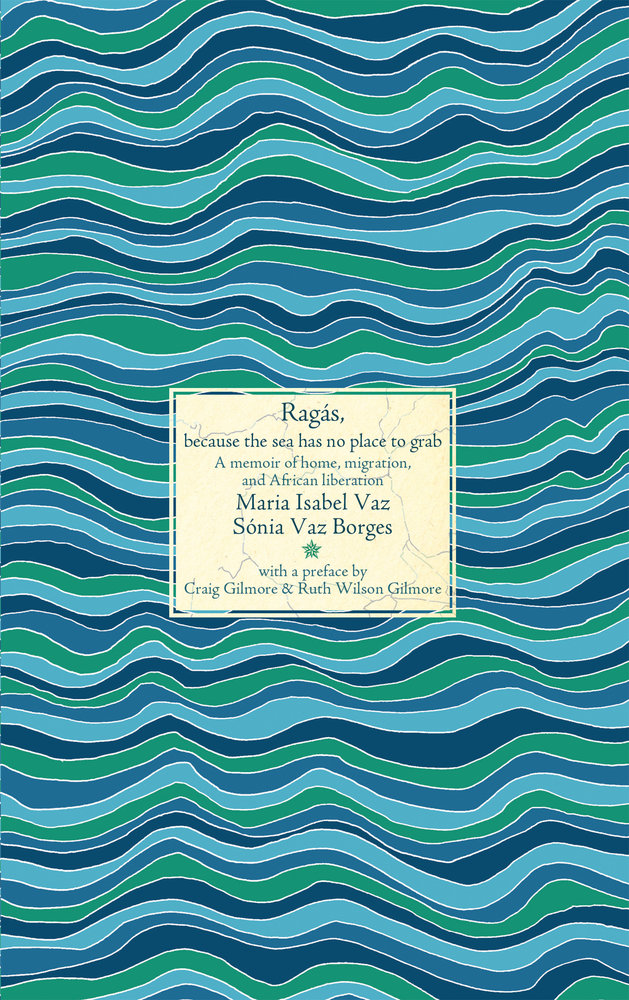A memoir of a mother and daughter´s return to Cabo Verde reveals the legacies of national liberation, a story of memory and migration, and the psychic and physical landscape that colonialism has wrought.
When Sonia Vaz Borges accompanied her mother, Maria Isabel Vaz, home to Santiago Island, Cabo Verde, it was the first time she experienced the island where her mother and family were born, and where her mother left forty years earlier. As a historian, documentarian, and a Black Cabo Verdean young woman born in Portugal, she booked a trip to a native land she´s never been to in order to conduct research on the history of militant resistance to Portuguese colonialism, of the education initiatives of the African Party for the Independence of Guinea Bissau and Cabo Verde (PAIGC), and the lessons for freedom available for today.
What she discovers are lifelong lessons as illuminating as anything her PhD revealed to her. The fragments of memories, episodes, and encounters in Cabo Verde that she assembled in this travel diary reveal an experience of homegoing that is rich with the legacies of national liberation, the story of a Black woman´s migration during the height of colonial oppression, of separation from family and nation, and memories of an island transformed since Independence, and the psychic and physical landscape that the legacy of colonial rule has wrought. As mother and daughter travel home together for the first time, they embark on a journey that takes them to new places in their relationship to each other, a return and a rediscovery of a place and people imagined and conjured through memory, where history and place blur and where stories are created and shared.
Ragás is a Cabo Verdean creole word for the space created between the waist and the knees when seated: the lap. Here, it is a place to find nurturing, a place to be embraced, protected, and cared for, a place for reconnection and return to the memories that others carry for you when migration means both leaving and being left behind.


